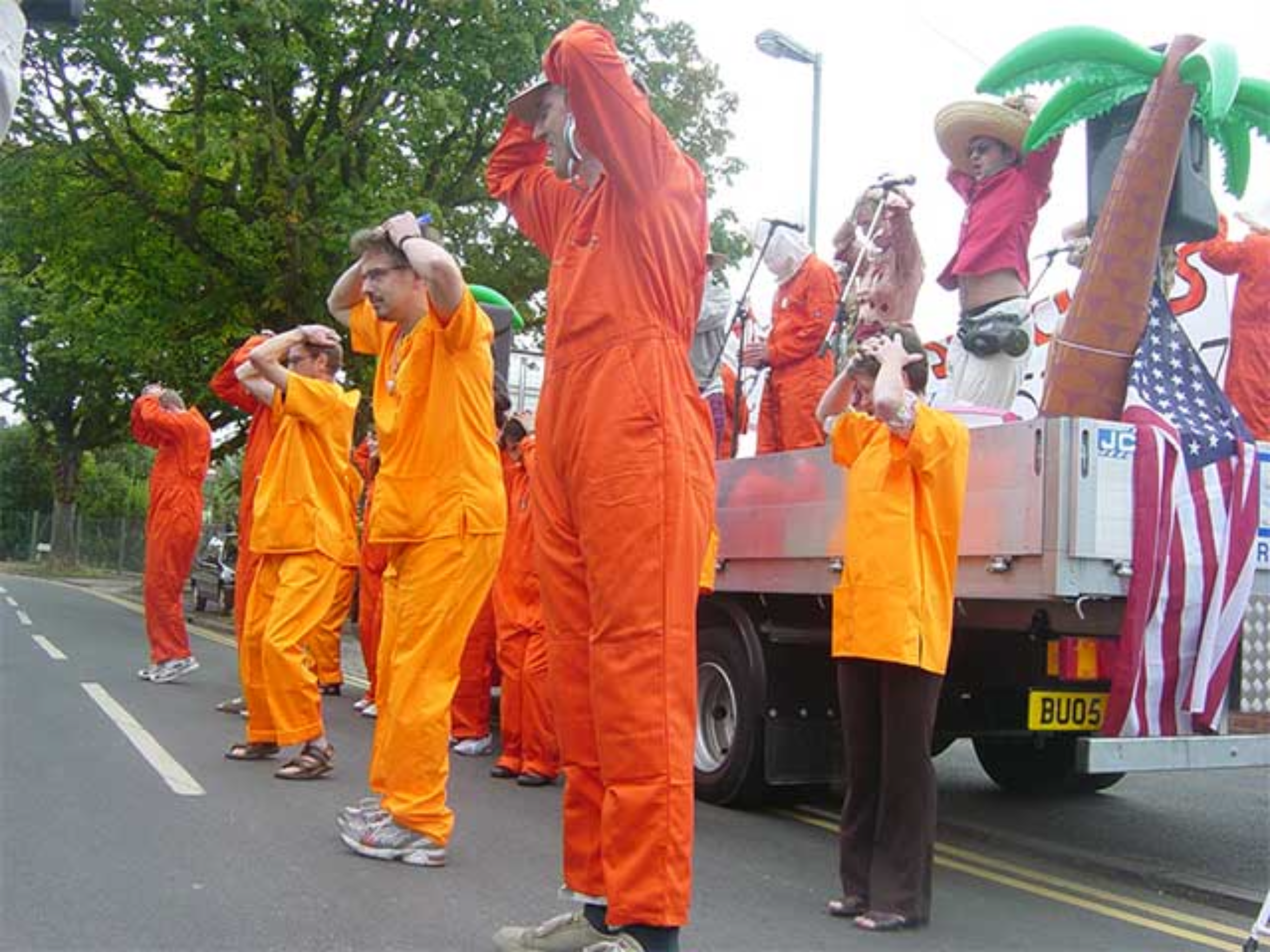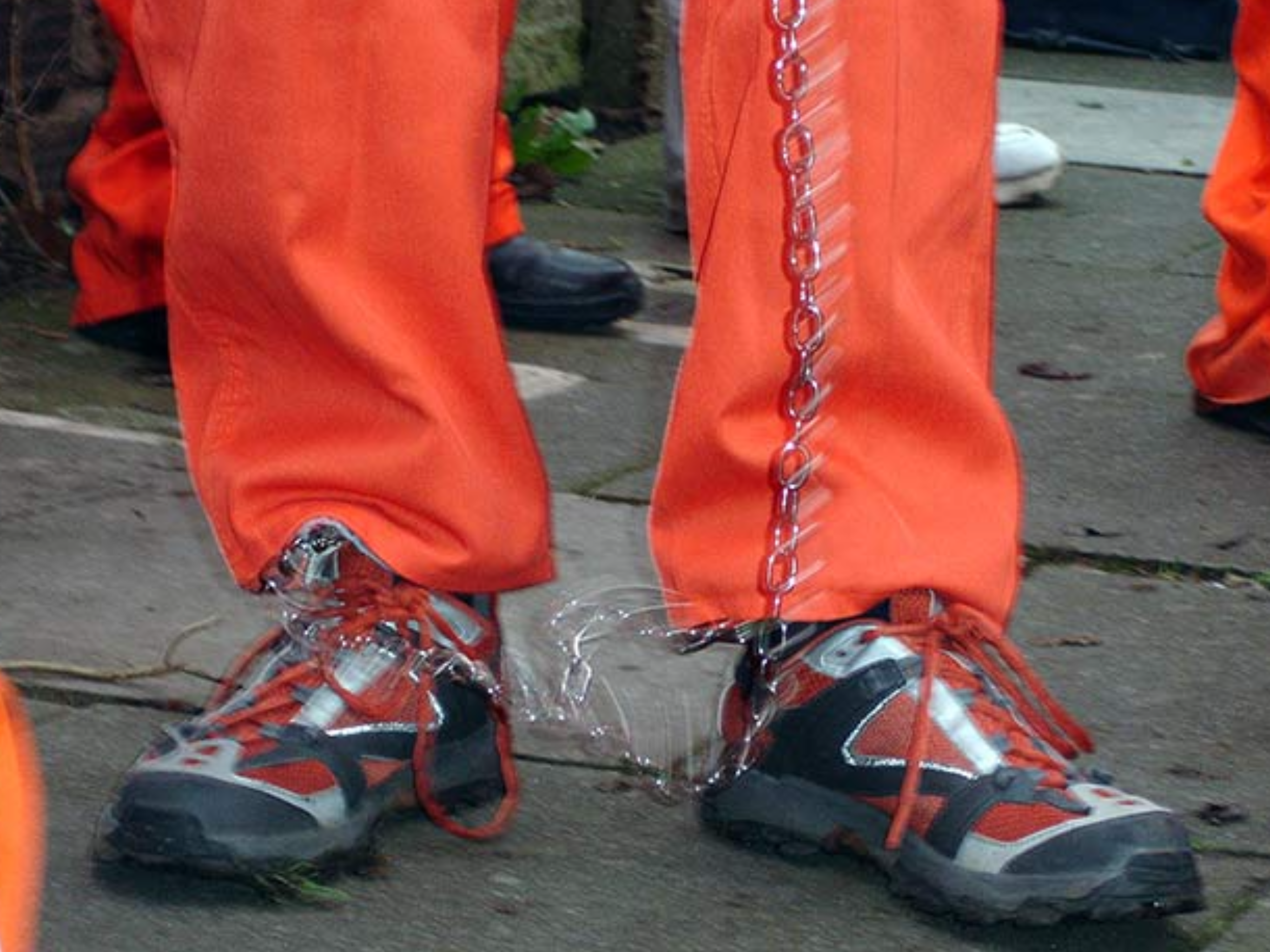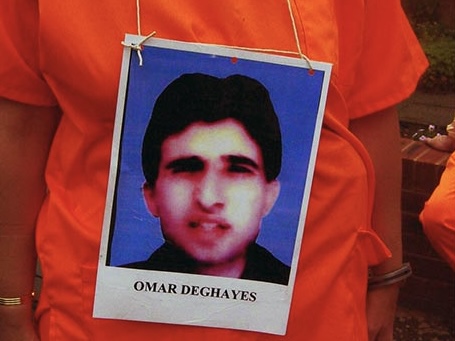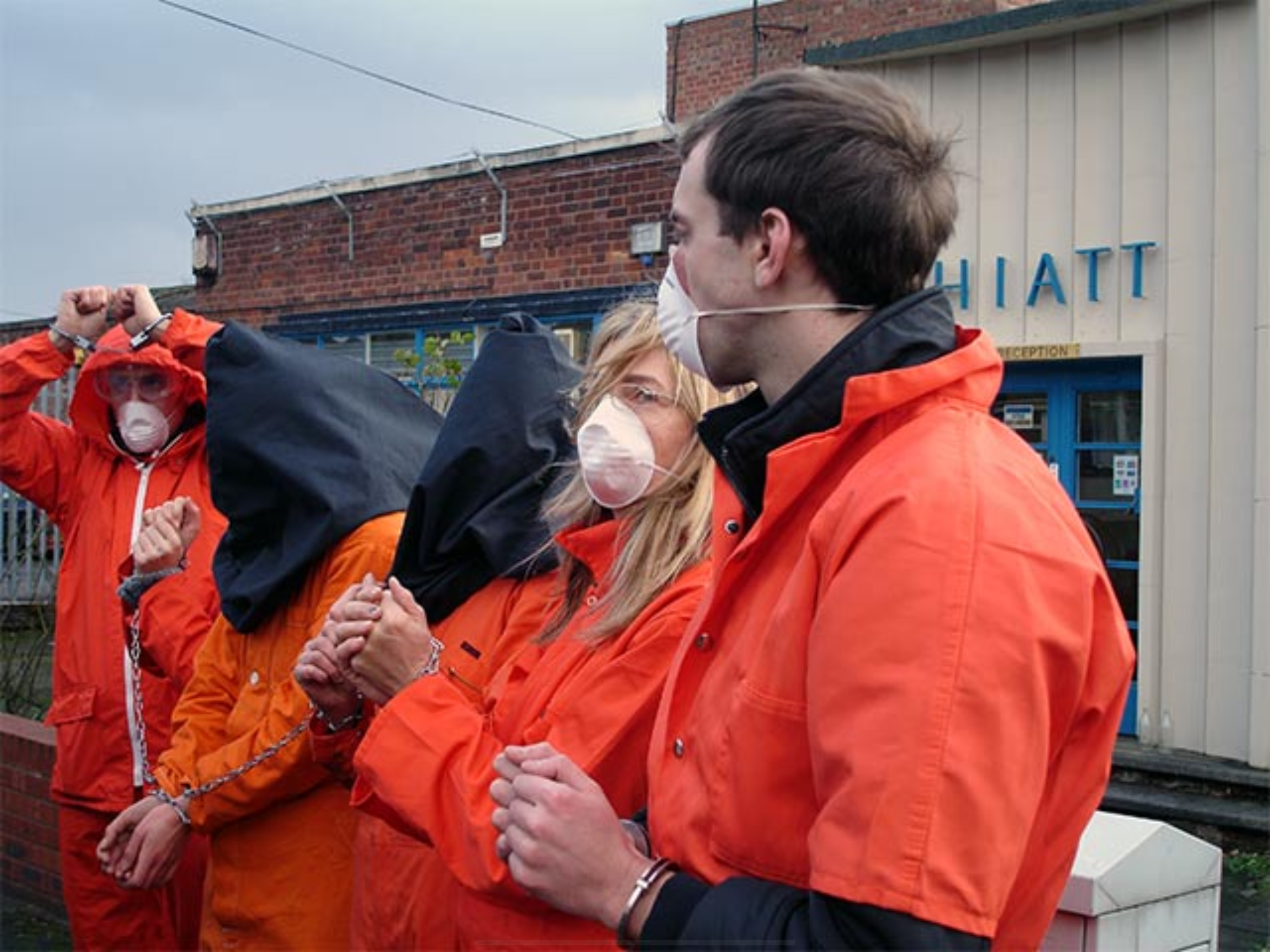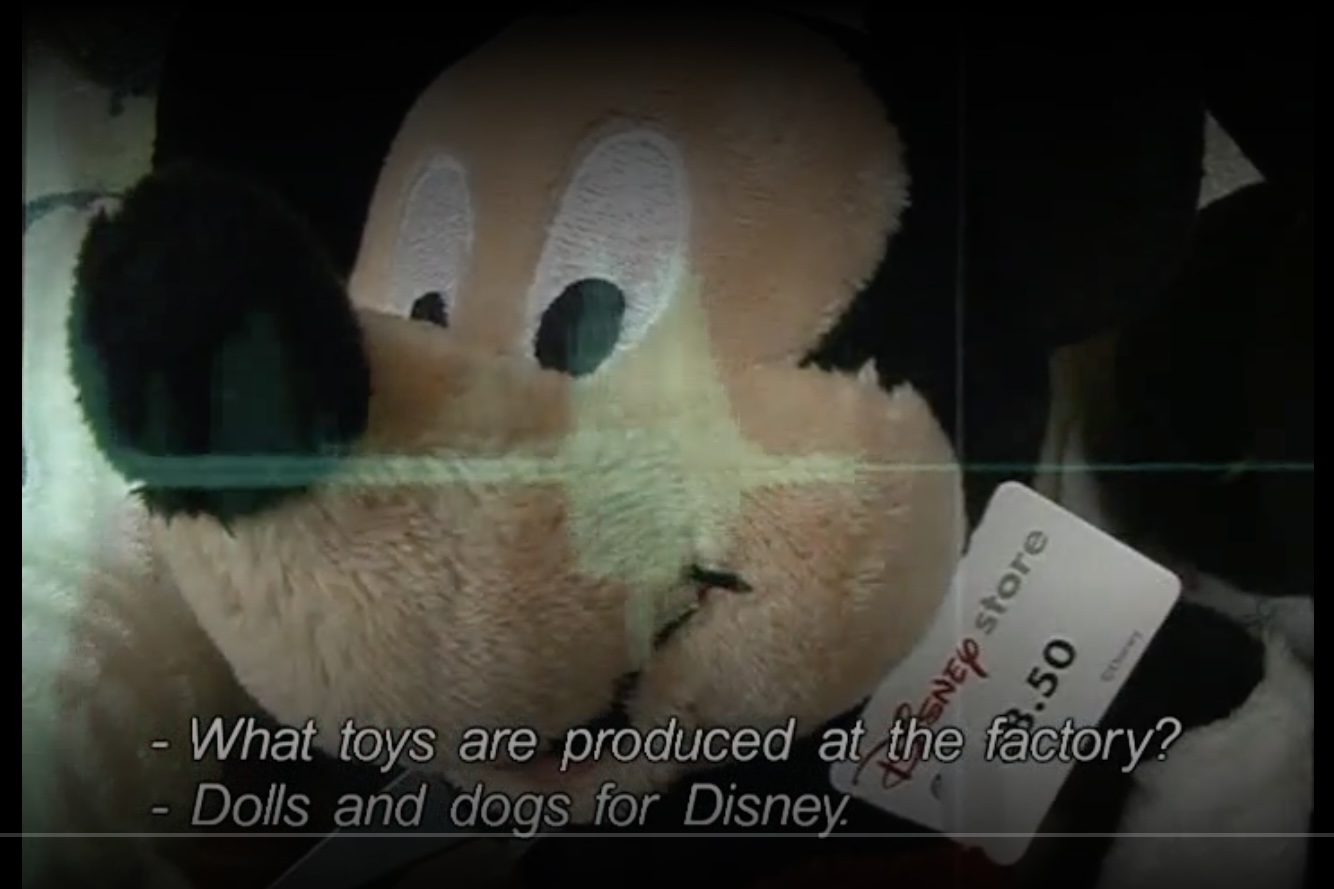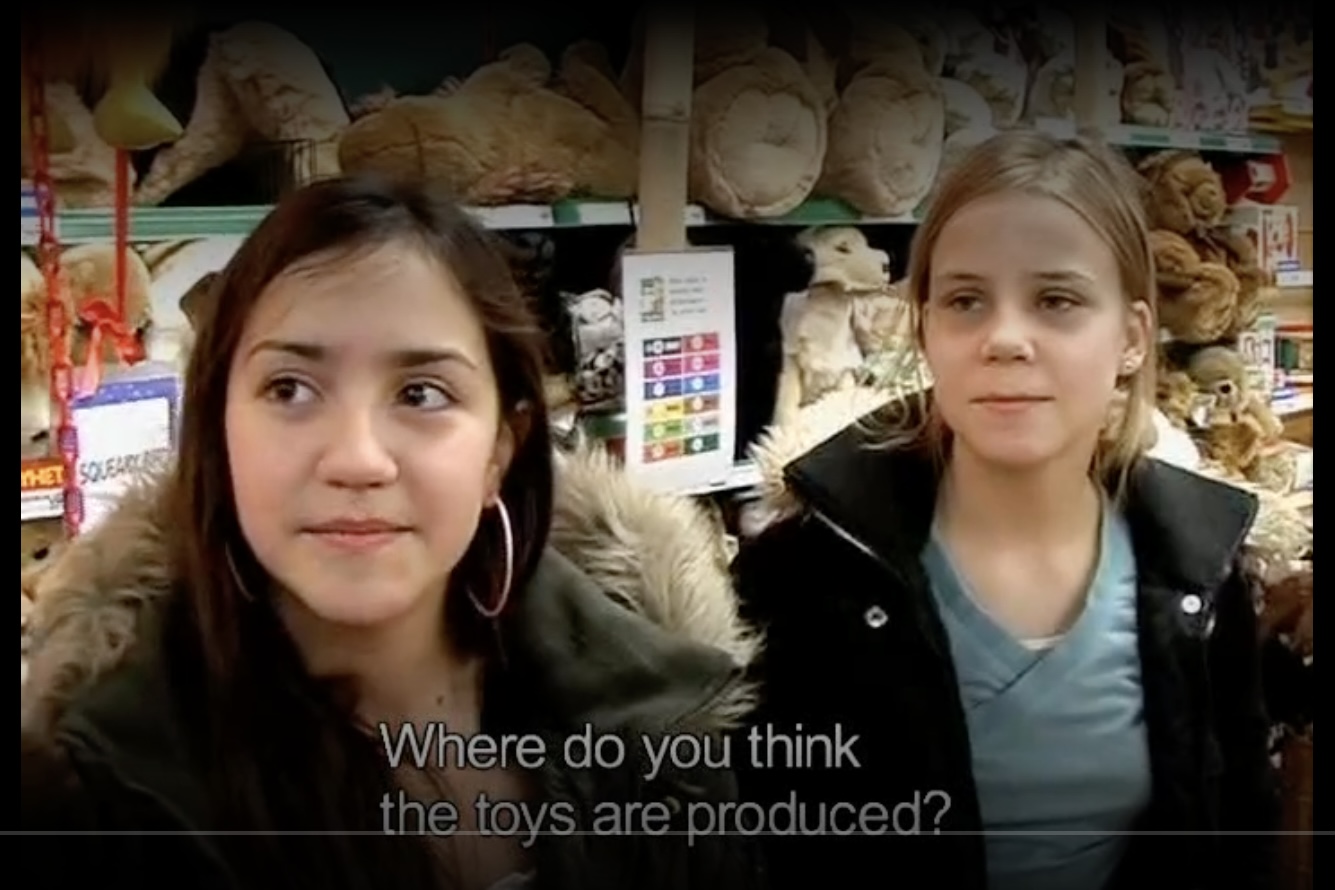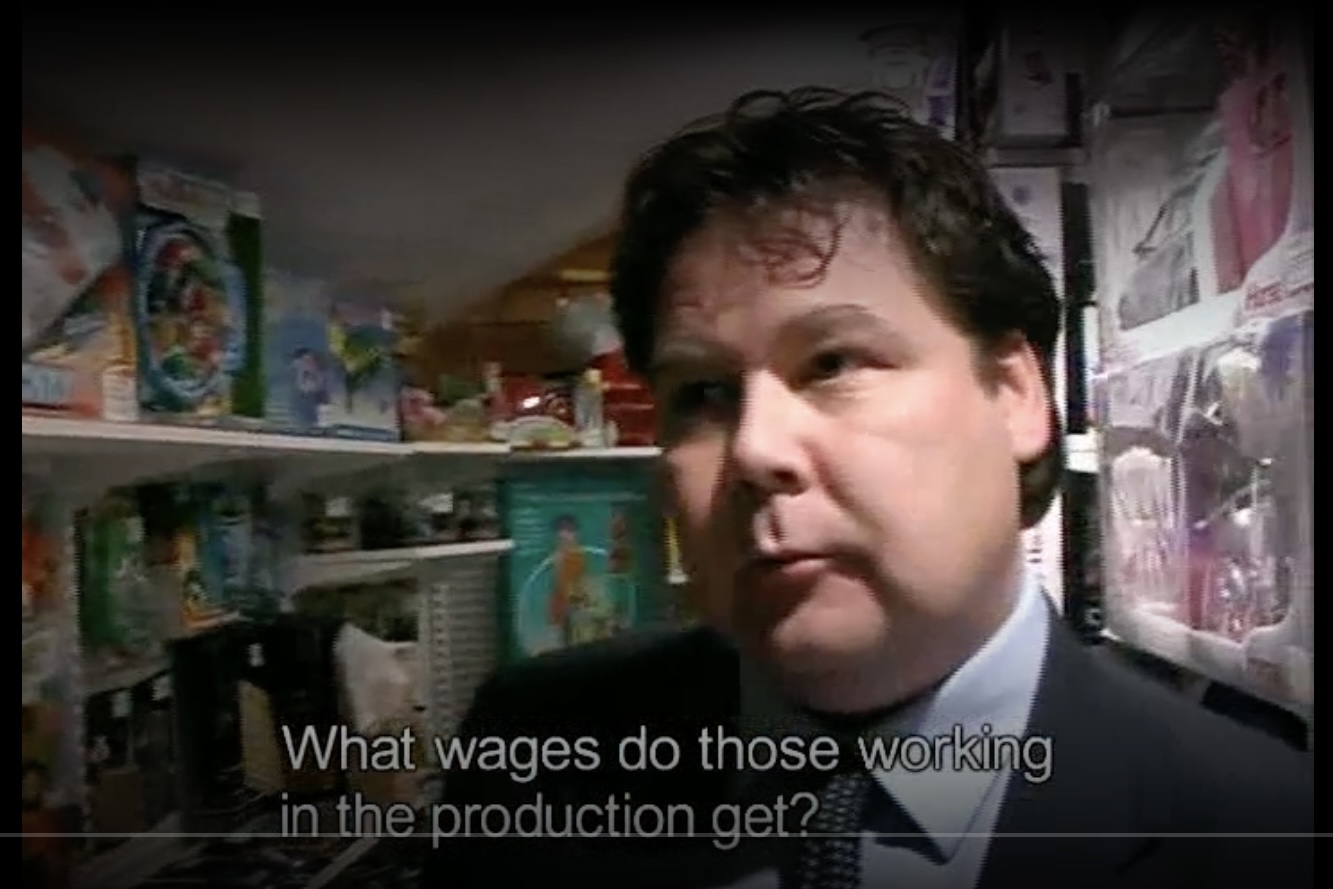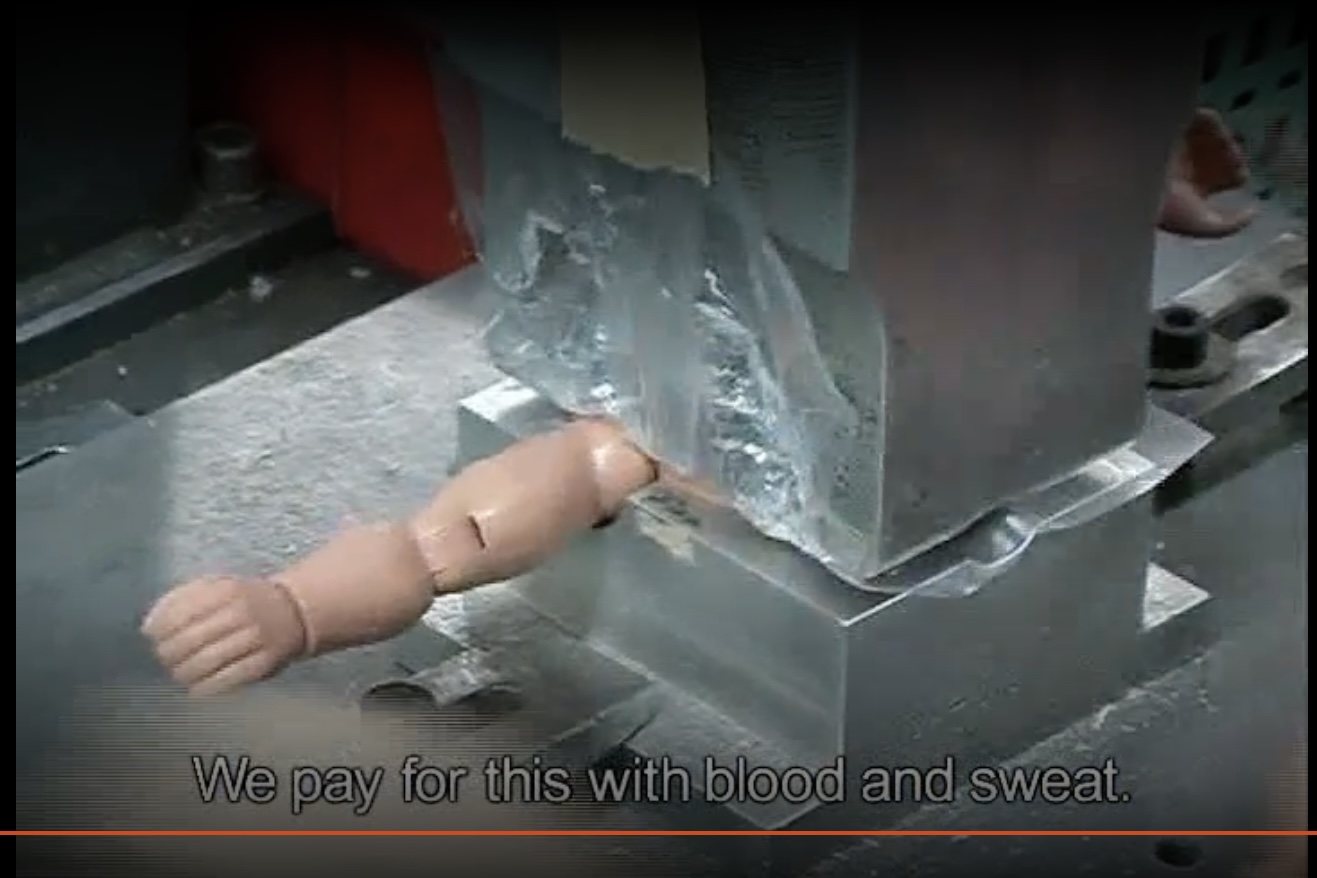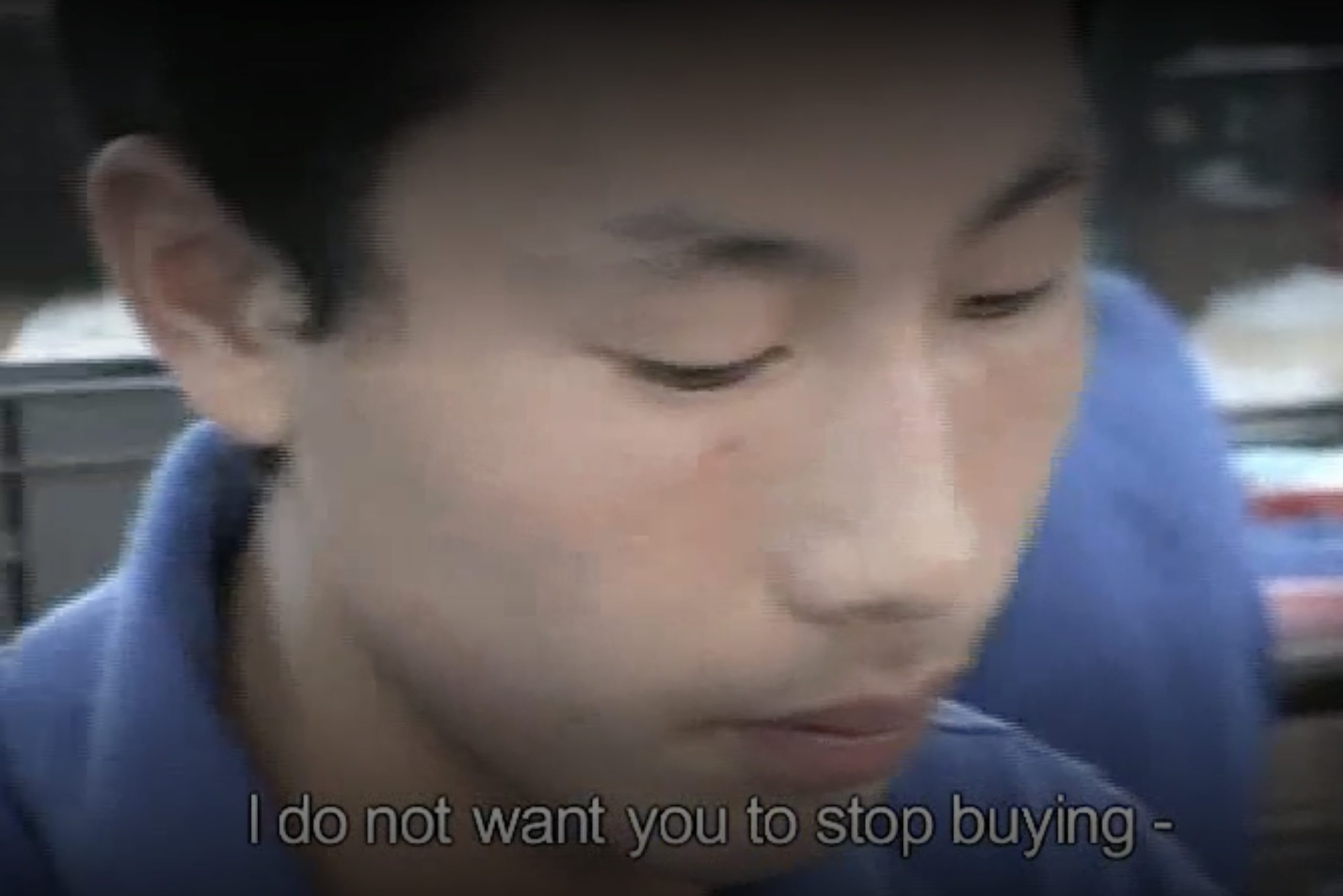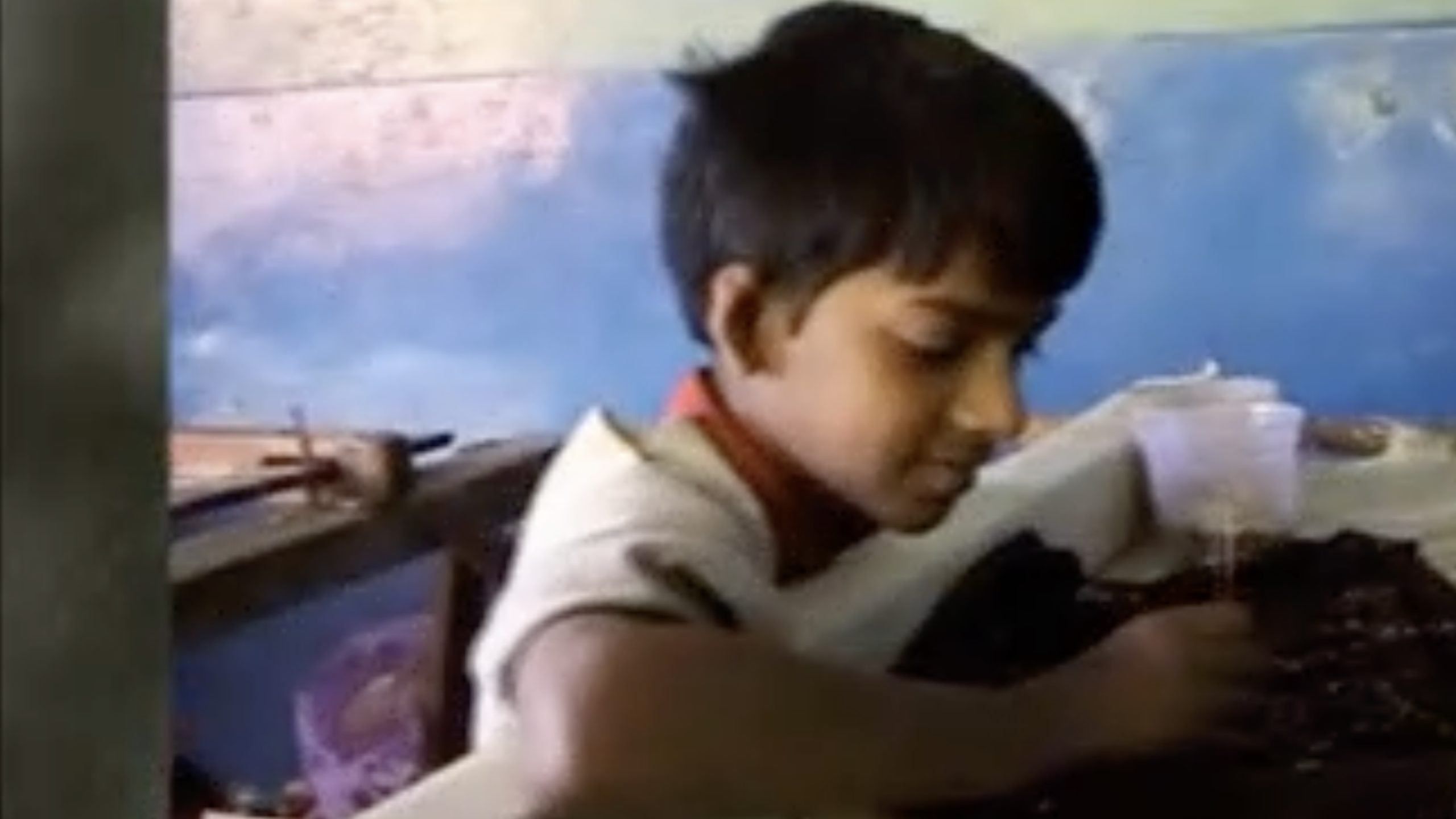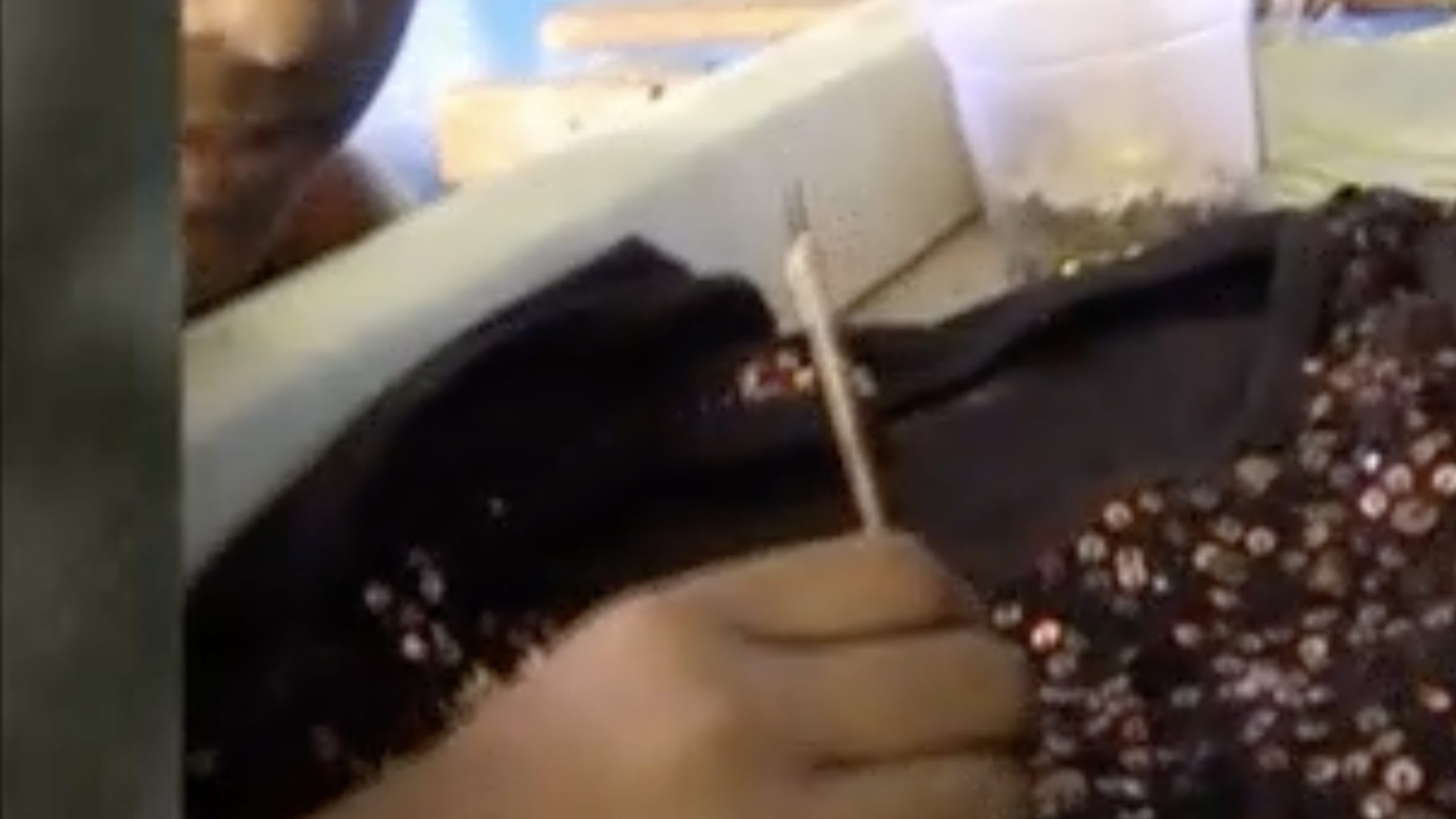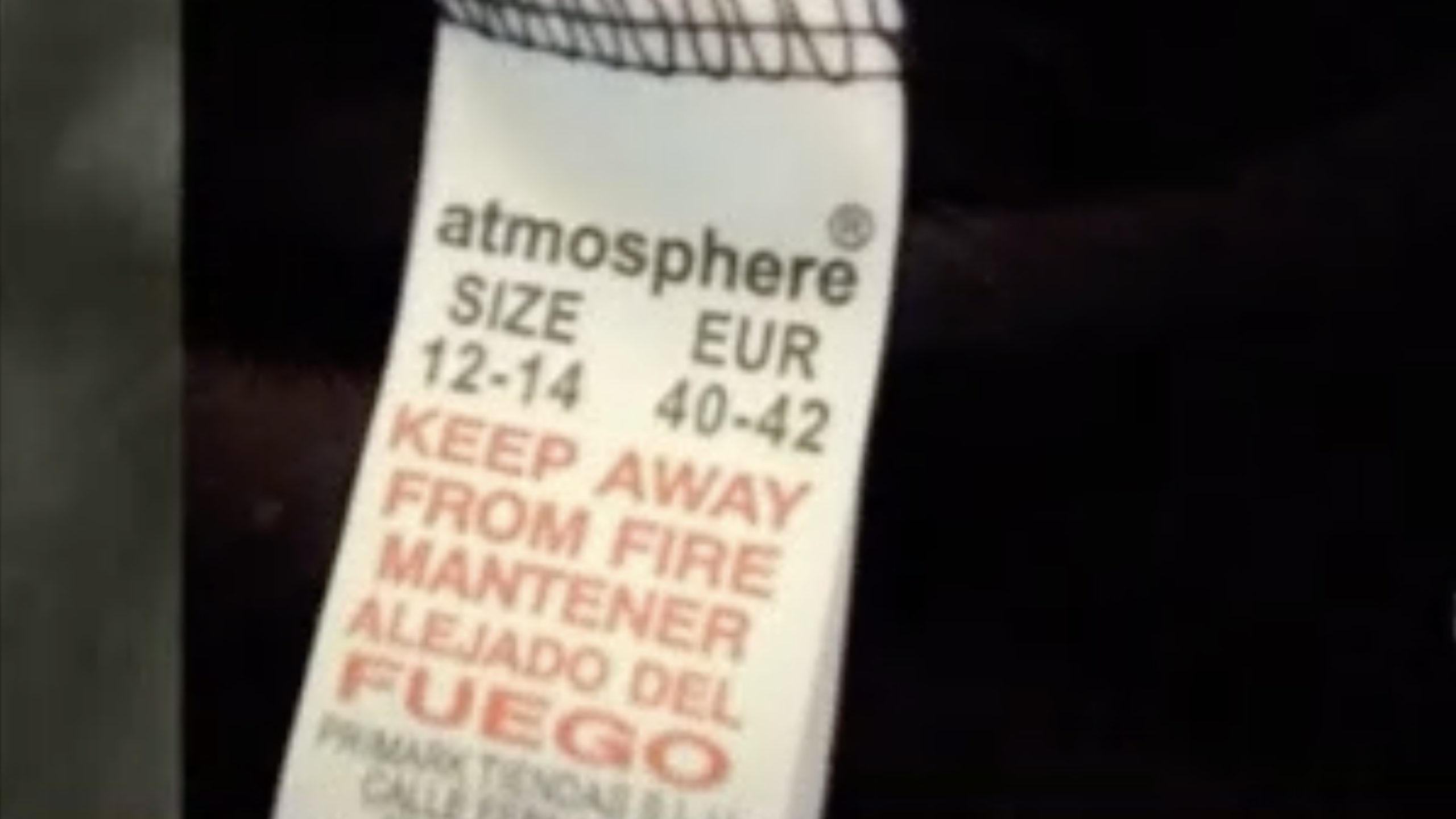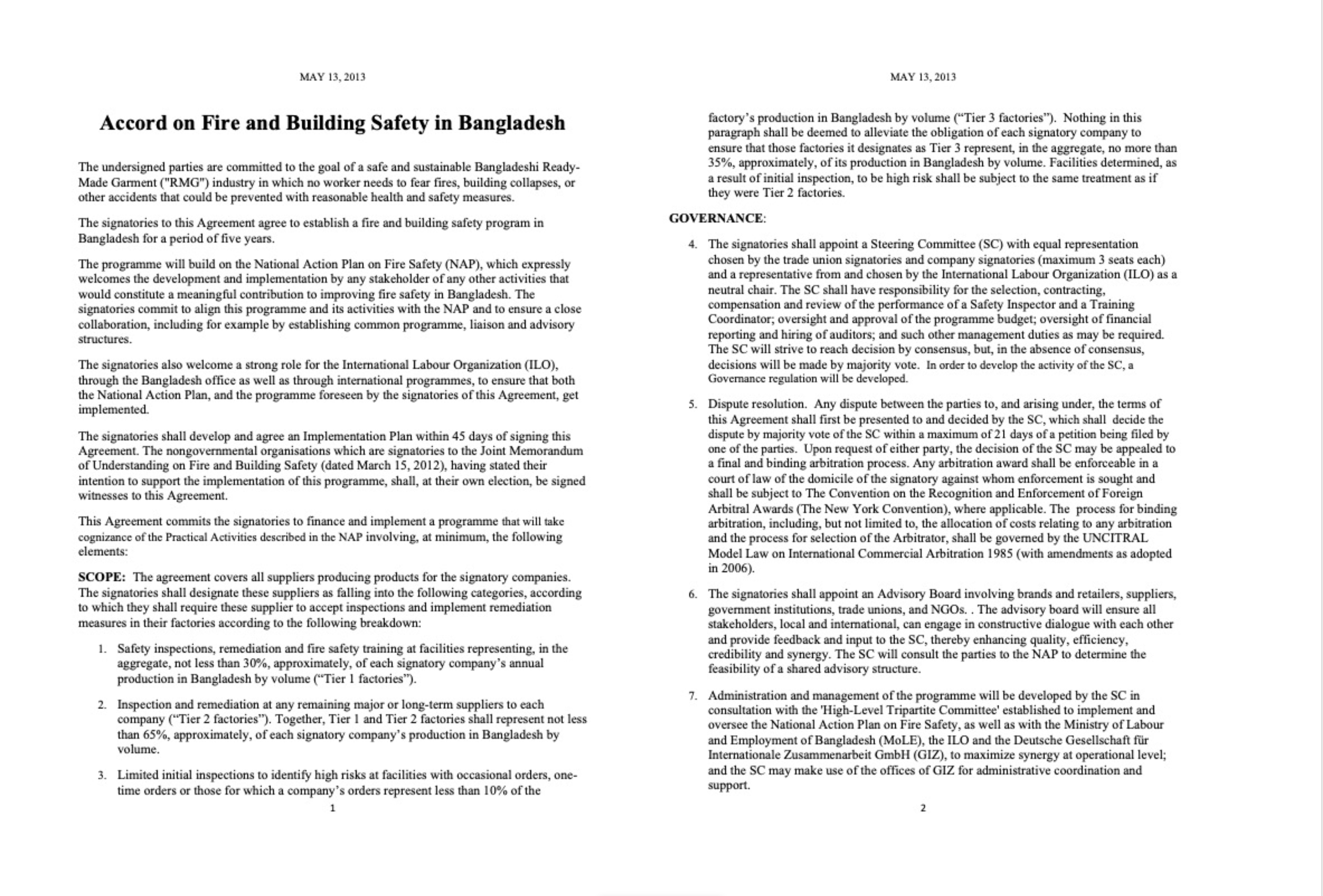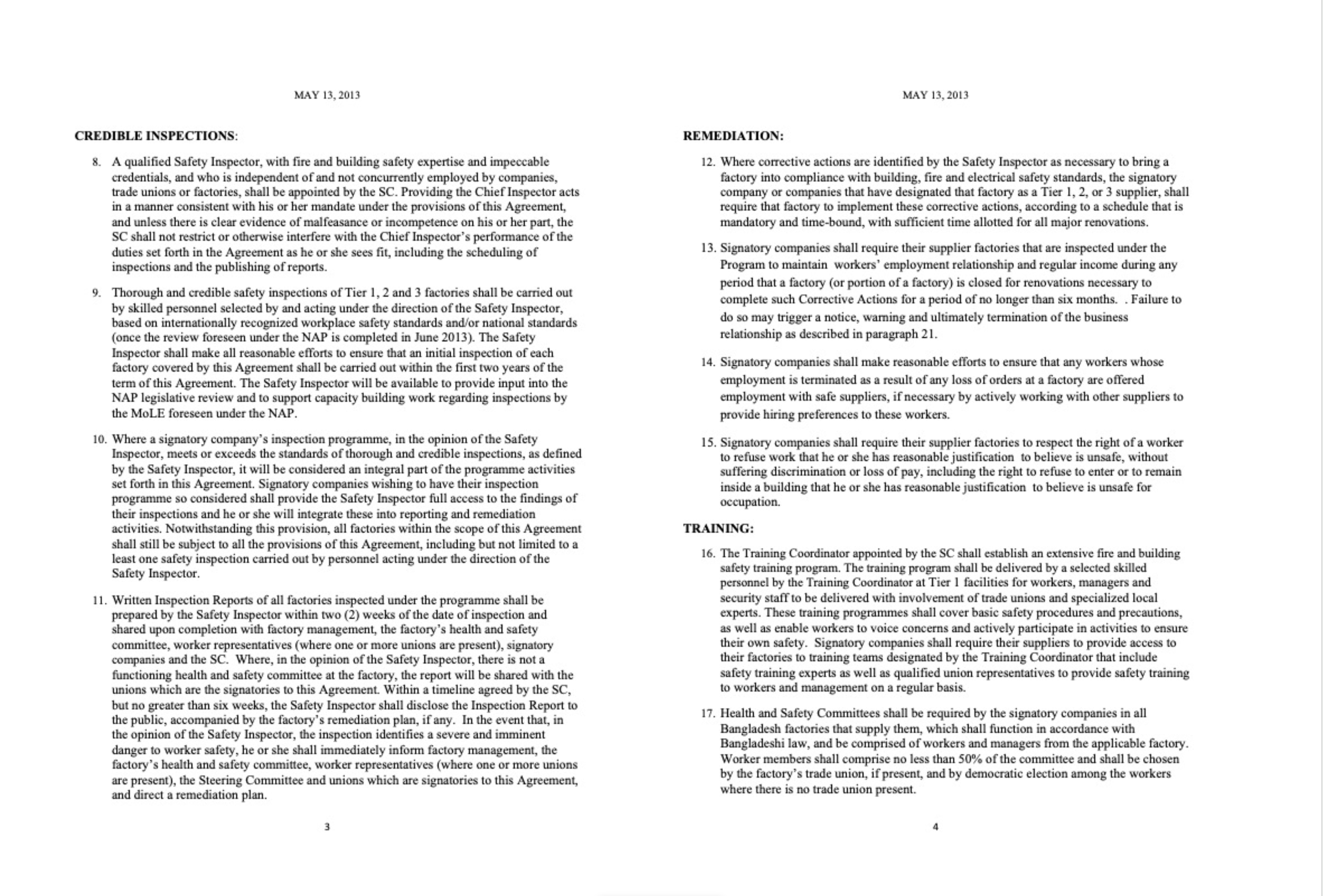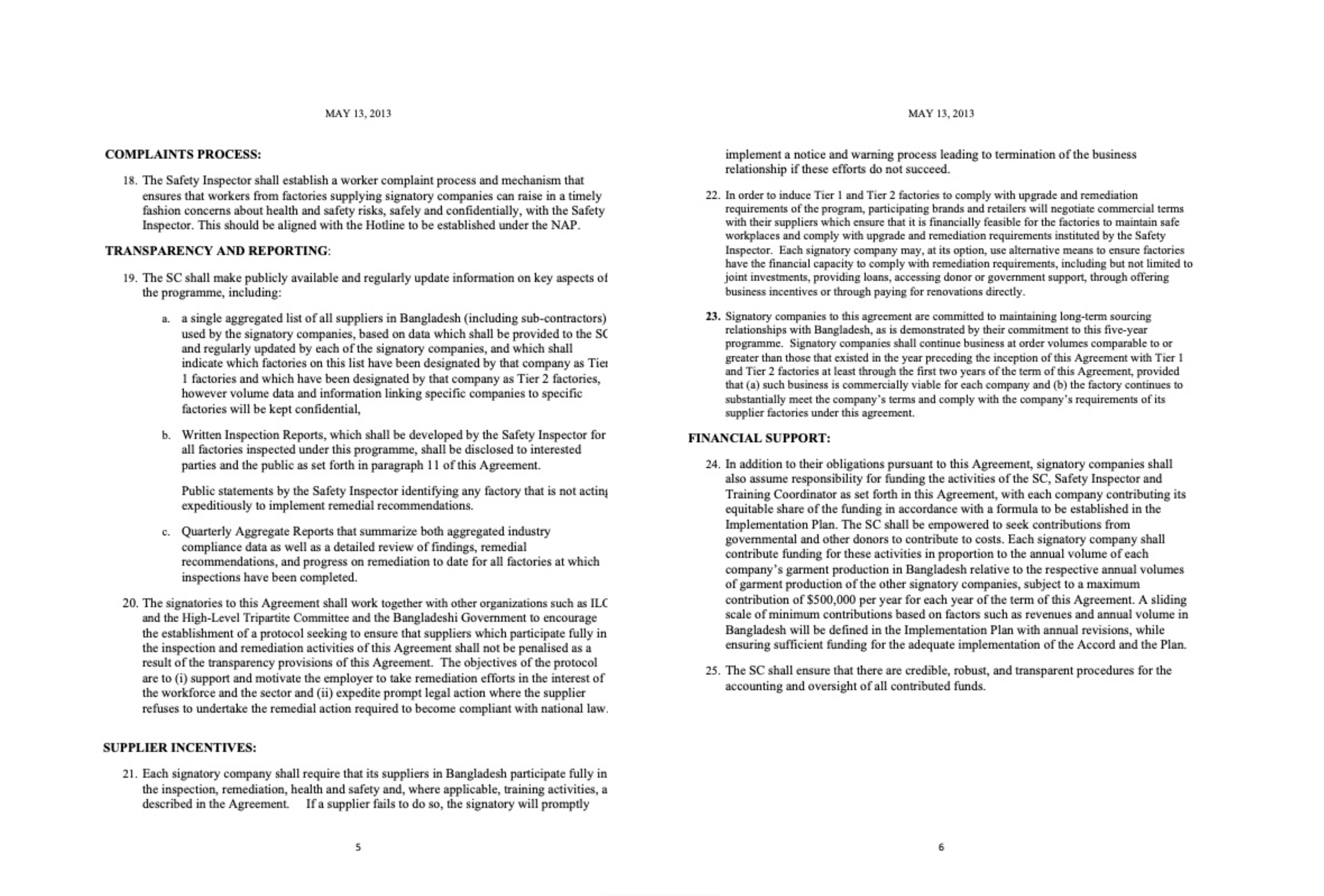
followthethings.com
Grocery
“Ghosts“
A documentary-drama film written by Nick Broomfield, Jez Lewis & Hsiao-Hung Pai, directed by Nick Broomfield for Beyond Films
Official trailer embedded above. Available on Box of Broadcasts (with institutional login) here. Search online here for other streaming availability. The movie website archive is here.
Documentary filmmaker Nick Broomfield is known for his quirky, in-front-of-camera documentaries but, after a 2004 disaster where 23 Chinese migrant workers picking cockles were drowned by a fast-incoming tide in the UK’s Morecamble Bay, he decides to make a docu-drama to show what happened and why. This is a tale of people smuggling, modern slavery and violent, corrupt gangmasters sourcing and providing cheap slave labour in the UK to pick vegetables like spring onions and seafood like cockles for sale in mainstream supermarkets (which the film names). The script was co-written with Hsiao-Hung Pai – a Taipei-heritage UK journalist and writer – and was researched through the writers’ visit to China to visit the victims’ families. The film starred former illegal immigrant Chinese non-actors working with an improvised script, using traditional and undercover filmmaking, and ends with a plea for audience members to donate to a fund to help the dead workers’ families pay their people-smuggling debts. The tale is told from the perspective of a female worker called Ai Qin. She and her compatriots speak in Mandarin so that that ‘Ghosts’ – their white gangmasters – can’t understand they are mocking them. In the final scene, just before Ai Qin drowns, she calls her son in China to sing him a farewell lullaby on her mobile phone. The film encourages viewers to ask who is to blame for their deaths? The migrant workers? The people smugglers and gangmasters? The supermarkets? The government? In the UK? In China? Ghosts was made to be put to use, and to have a positive impact, on public attitudes to migrant workers, on the law and on the victims’ families. In contrast to a documentary film, a docu-drama can script and film anything, anyone, anywhere. So a fuller picture of the challenges that workers and trade justice activists face can be pieced together to provoke change.
Page reference: Harriet Allen, Etienne Heaume, Lizzie Heeley, Rosie Hedger, Sam Johnson, Olivia McGregor & Lucy Webber (2025) Ghosts. followthethings.com/ghosts.shtml (last accessed <insert date here>)
Estimated reading time: 104 minutes.
Continue reading Ghosts ![]()



